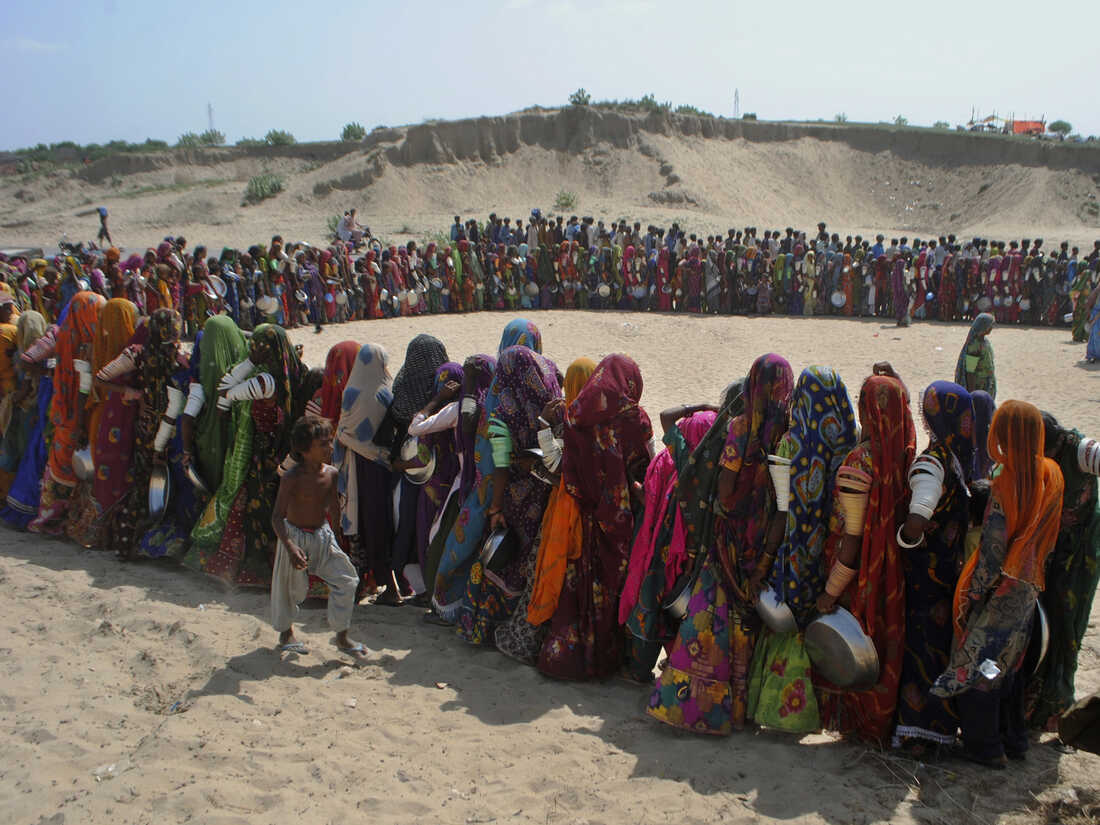
According to a new scientific analysis, it is likely that climate change played a role in Pakistan's floods. More than 30 million people were affected by the floods after record-breaking rain.
The analysis shows that the disaster was caused by global warming. Since 1961, Pakistan has kept detailed national weather records. The provinces that were hardest hit by floods received up to eight times more rain than usual.
According to an analysis by a group of international climate scientists, climate change made heavy rain more likely. The scientists estimate that 75 percent more water is falling during weeks when monsoon rains are the most intense.
The analysis is a type of research that is conducted very quickly compared to other climate studies and is meant to give policymakers a rough estimate of how global warming affected a specific weather event. There are many ways in which climate change affects monsoon rain.
Climate models suggest that monsoon rains will be less reliable as the Earth gets hotter. In the future, that would cause floods in Pakistan and other countries.
Climate whiplash has already damaged crops and killed people in southeast Asia, and caused a water crisis in Chennai, India.
Climate change was not the only cause of Pakistan's deadly floods according to the new analysis. Millions of people live in flood prone areas with outdated drainage in provinces where the flooding was the most severe, according to scientists. It is possible to prevent catastrophic damage in the future byUpgrading drainage, moving homes and reinforcing bridges.